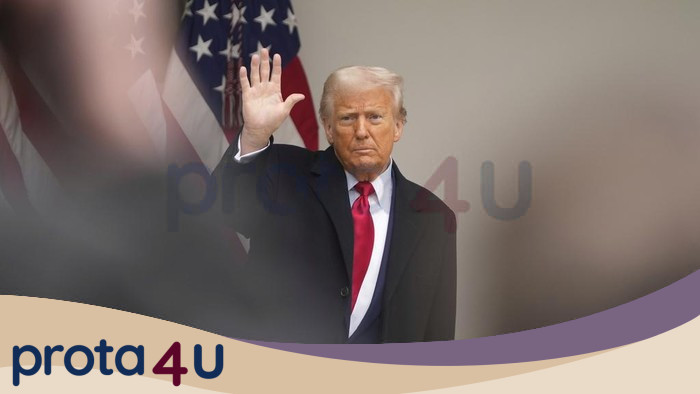
Introduction
The automotive industry faces a significant challenge as U.S. President Donald Trump imposes a 25% import tariff on vehicles not assembled in the United States. This trade policy has triggered strategic responses from major automakers, with stellantis making headlines by ceasing production at two of its Canadian and Mexican assembly plants.
Strategic Response and Production Halt
Stellantis, a leading automotive manufacturer, announced on April 4, 2025, its decision to suspend operations at its facilities in Canada and Mexico. This move, reported by CNBC International on April 6, 2025, is a direct consequence of Trump’s tariffs, which aim to boost domestic manufacturing. The suspension will temporarily affect approximately 900 support staff across these plants, highlighting the broader economic implications of this trade policy.
Industry Impact and Workforce Challenges
The repercussions of Trump’s tariffs extend beyond production halts; they also underscore the vulnerability of the automotive workforce. With Stellantis’ decision setting a precedent, other automakers may follow suit, potentially leading to widespread job losses and reshuffling of supply chains. This shift emphasizes the need for companies to adapt to changing trade dynamics to maintain competitiveness.
Conclusion
As the automotive industry navigates this new economic landscape, manufacturers must focus on strategic restructuring and investment in domestic production facilities to mitigate the effects of tariffs. The decisions made today will shape the future of global automotive manufacturing and workforce stability.






